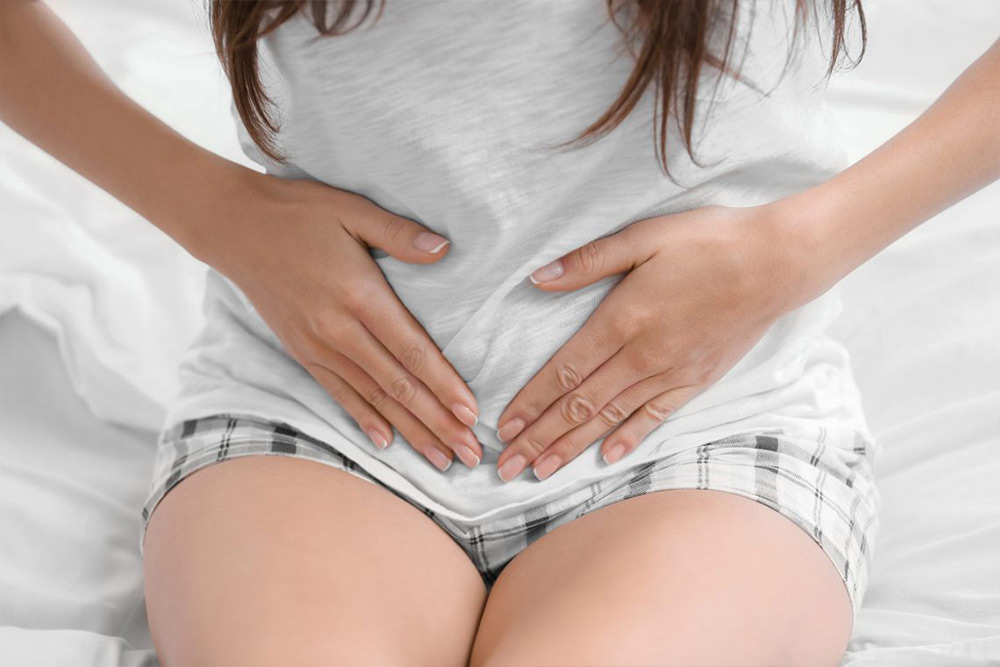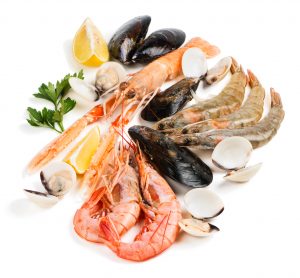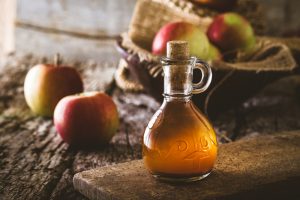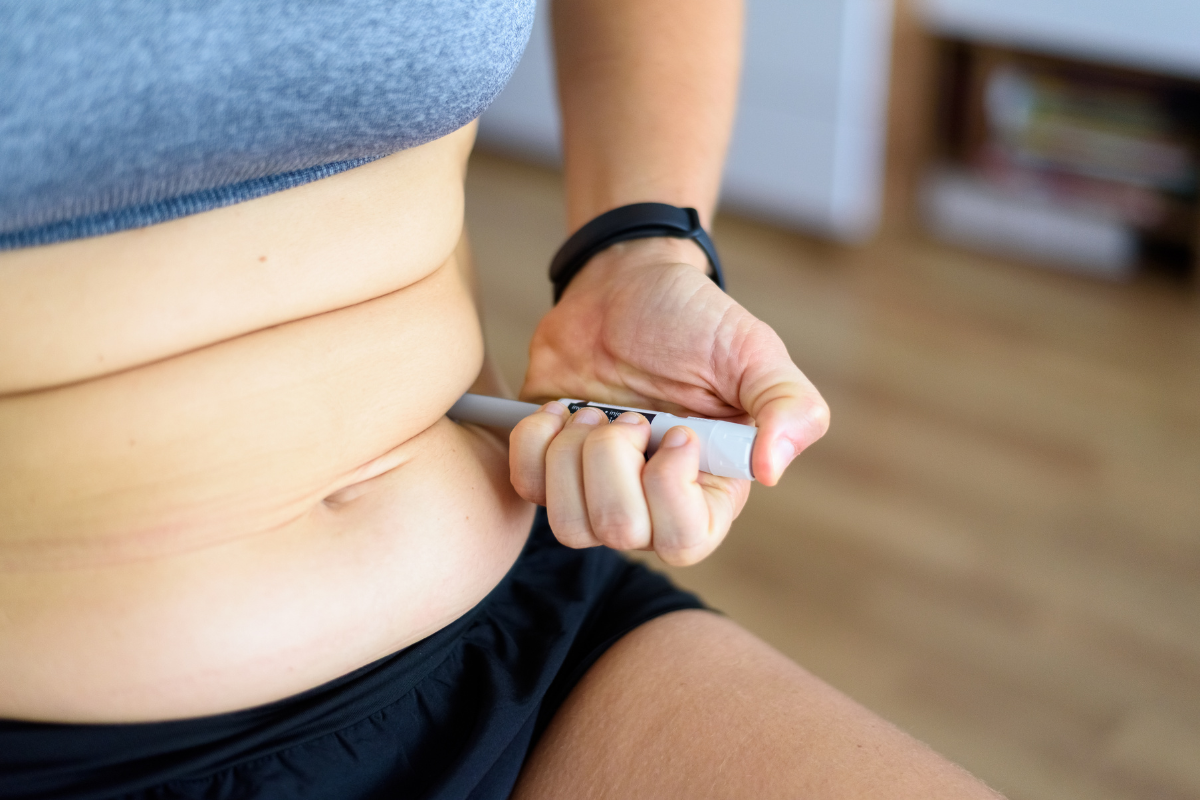
There must be hardly a woman out there who has not experienced the similar symptoms of UTIs and cystitis – the frequent need to urinate, the burning sensation, fever, headache and general feeling of being unwell. One of the most common causes of UTI is known as ‘honeymoon cystitis’. I am sure many of us have experienced this. A new relationship, a new passion and then we have to pay for it! Did you know that there is a difference between a urinary tract infection (UTI) and cystitis? Cystitis is the inflammation, infection or irritation of the bladder only. Its symptoms are pain, discomfort and a frequent need to urinate. It can take the form of either bacterial cystitis or interstitial cystitis (IC). Bacterial cystitis is usually caused by contamination from bowel bacteria, and most cases of bacterial cystitis are treated with antibiotics. IC has the same unpleasant symptoms but rarely involves the presence of bacteria. Unfortunately, we do not understand the cause of IC, although some suggest it might be an autoimmune disorder, where the immune system attacks the bladder. It is often misdiagnosed and some patients are treated for years with antibiotics before they are told that their urine cultures are free from bacteria.
So how do we go about solving chronic IC? In order to solve IC you need to restore the fine pH balance of your genital and urinary tract. A key factor in doing this is keeping your immune system strong.
Jacqui’s story
Jacqui, a successful businesswoman, was in her early 40s. She led a busy life, as her work involved a lot of travel, but had found a new partner and an engagement was imminent. The bane of her life was her recurrent UTIs, for which she was treated with antibiotics three or four times per year. Jacqui liked to avoid taking antibiotics, but when the symptoms became intolerable she would succumb to another dose, which disappointingly never gave her complete relief. She told me that her urine had recently been tested to identify any bacteria but came back negative. Jacqui had cystitis but it was not bacterial, it was interstitial (IC). Jacqui experienced bouts of IC, then thrush as a result of the antibiotics. The irritation of the thrush caused severe itchiness and soreness, which at times resulted in a bacterial cystitis. It was becoming a vicious circle.
Treatment
Treatment of interstitial cystitis requires the pH of urine and other bodily fluids to be balanced, and this can be achieved in part through diet. Hormonal balance also plays a big part and a strong immune system is vital to balanced hormones. Below are the 6 tips we gave Jacqui to strengthen her immune system and solve her IC.
- Eat more shellfish
We recommended that she eat a range of fresh shellfish, which are rich in zinc and selenium, the two most important immune boosting minerals. We gave her several recipes for scallops, oysters and clams – these are considered ‘gourmet’ foods but are often in abundant supply and are easy to prepare. If you’re allergic or can’t eat shellfish nuts and seed are a great substitute.
- Eat the right fruits (and honey)
Further, we pointed out that many foods that are considered acidic are alkaline in their ash (what is left after foods have been digested). Apples are a perfect example of this, and are very useful in the treatment of both types of cystitis. Cranberry juice, on the other hand, is deceptive – if it’s made from simmering fresh cranberries, the resulting juice is highly alkaline and contains 3 proanthocyanidins (powerful antioxidants) that help to heal the inflammation of cystitis. Commercially produced cranberry juice, however, is a completely different matter because of the sugars added to the juice to make it more palatable. We recommended that Jacqui buy bags of frozen cranberries, add to them 1 dessertspoon of Manuka honey per kilo, and then blend with water. Manuka honey is known to ward off infections; it’s found only in the beehives of southern New Zealand and is widely available in supermarkets. It is much more expensive than other honeys, but is worth its weight in gold. We also gave her a list of the richest sources of the antioxidant vitamins A, C and E, recommending a selection of fruits for smoothies that she could prepare for breakfast – including peaches, papayas, mangoes, kiwifruit and all the berries. These fruits alone provided her with her daily requirements for vitamin C, as well as ample beta-carotene. We encouraged her to eat avocados almost daily, as they are the most vitamin-E-rich alkaline food.
- Get your hormones checked
Hormones play a vital role in your health and well being.
Book an appointment today to get your hormones checked.
- Drink warm water
We also recommended that Jacqui drink warm water throughout the day. This tends to dilute and alkalinise the urine, as warm water requires no ‘digestion’ as such, whereas cold water has to be warmed in the stomach before being absorbed through the stomach lining, which makes it more acidic when it hits the kidneys.
- Reduce Salt intake
We recommended that Jacqui add no salt to her foods, as the sodium–potassium balance is vital in treating IC.
- Steer clear of caffeine
It is well recognised that coffee, tea and alcohol are all acid-producing, so we encouraged Jacqui to steer clear of all three whenever she felt the first signs of her cystitis coming on.
If you’d like support solving your chronic IC problems book an appointment with one of our doctors today. We also have an in-house nutritionist and naturopath who can help you boost your immune system and avoid recurrent bouts of IC – book an appointment.





